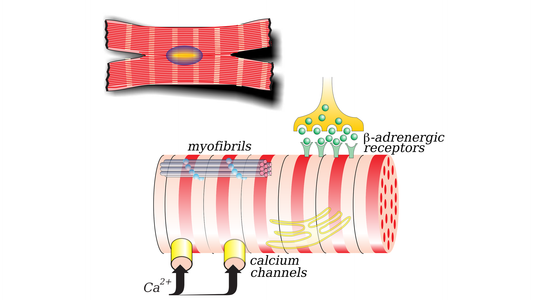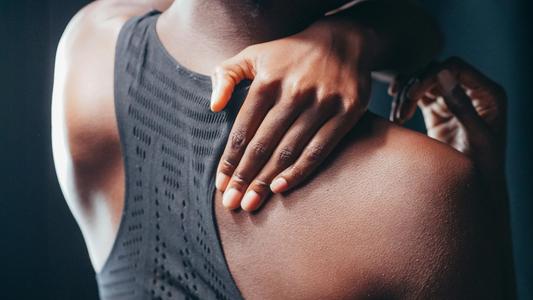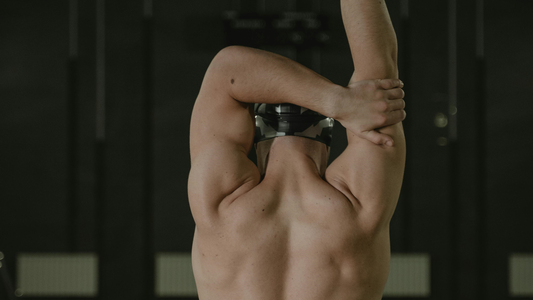Ever hit the gym feeling sluggish, only to discover your workout feels twice as hard? The culprit might not be your training plan or diet—it could be your sleep. In a quest for peak performance, restful nights are often overlooked, yet they play a powerful role in how you recover, build muscle, and thrive in your fitness journey.
The Science: Why Sleep Matters for Performance
Sleep isn’t just about feeling rested. During deep sleep, your body goes into repair mode—healing tiny muscle tears from workouts, releasing growth hormone, and restoring energy stores. Research shows that individuals who sleep less than 7 hours per night see significant drops in strength, slower reaction times, and increased fatigue during exercise, compared to those who are well-rested (Mayo Clinic Health System, 2024; Chennaoui et al., 2021).
A lack of sleep can also disrupt hormone levels like cortisol and testosterone, which are vital for muscle recovery and growth (Dattilo et al., 2020). If you’re shortchanging your sleep, your body may increase protein breakdown—leading to slower recovery, more aches, and even risk of muscle loss over time (Erlacher, 2023).
Moreover, well-rested athletes have noticeably better accuracy, stamina, and reduced risk of injury. One study found that athletes who increased their sleep to 9–10 hours per night improved their performance and reduced their injury rates compared to those getting just 5 hours (Mayo Clinic Health System, 2024; iburg.nl, 2025).
What This Means for Your Health
Enhanced Recovery: Sleep is the prime time for your muscles to repair and grow stronger, so you’re ready to come back fitter for your next session.
Sharper Performance: With enough sleep, expect better coordination, quicker reflexes, and improved motivation—core elements of a successful workout.
Lower Injury Risk: Sleep supports tissue repair and keeps your coordination sharp, reducing your risk for common workout injuries.
Improved Wellbeing: Prioritizing rest can boost your mood, decrease stress, and support a healthy immune system.
Sleep Smarter: A Practical Tip
Make sleep part of your training routine. Aim for 7–9 hours each night, sticking to a regular bedtime—even on weekends. Create a wind-down routine: dim the lights, avoid screens an hour before bed, and try relaxing stretches or deep breathing to signal to your body it’s time to rest (CDC, 2025).
The Takeaway: Invest in Rest
Don’t let your hard work in the gym go to waste! Consistent, quality sleep is the unsung hero behind every strong squat, quick sprint, and personal best. Treat sleep as essential as your workouts or nutrition—your body, mind, and fitness results will thank you.
Make tonight a fresh start for your health. Turn off the lights, power down your phone, and let your recovery begin.
References
Chennaoui, M., Arnal, P. J., Sauvet, F., & Léger, D. (2021). How does sleep help recovery from exercise-induced muscle injuries? Journal of Science and Medicine in Sport, 24(10), 935-940. https://pubmed.ncbi.nlm.nih.gov/34074604/
Dattilo, M., Antunes, H. K. M., Medeiros, A., Mônico Neto, M., Souza, H. S., Tufik, S., & de Mello, M. T. (2020). Effects of Sleep Deprivation on Acute Skeletal Muscle Recovery after Exercise. Frontiers in Physiology, 11, 401. https://pubmed.ncbi.nlm.nih.gov/31469710/
Erlacher, D. (2023). Sleep and muscle recovery – Current concepts and empirical evidence. Current Issues in Sport Science, 2, Article No. 9347. https://ciss-journal.org/article/view/9347
iburg.nl. (2025, May 12). The Relationship Between Sleep and Muscle Recovery. https://iburg.nl/en/blog/the-relationship-between-sleep-and-muscle-recovery/
Mayo Clinic Health System. (2024, June 3). Sleep and athletic performance. https://www.mayoclinichealthsystem.org/hometown-health/speaking-of-health/sleep-and-athletic-performance
Centers for Disease Control and Prevention. (2025, February 13). Sleep and Health | Physical Education and Physical Activity. https://www.cdc.gov/physical-activity-education/staying-healthy/sleep.html




